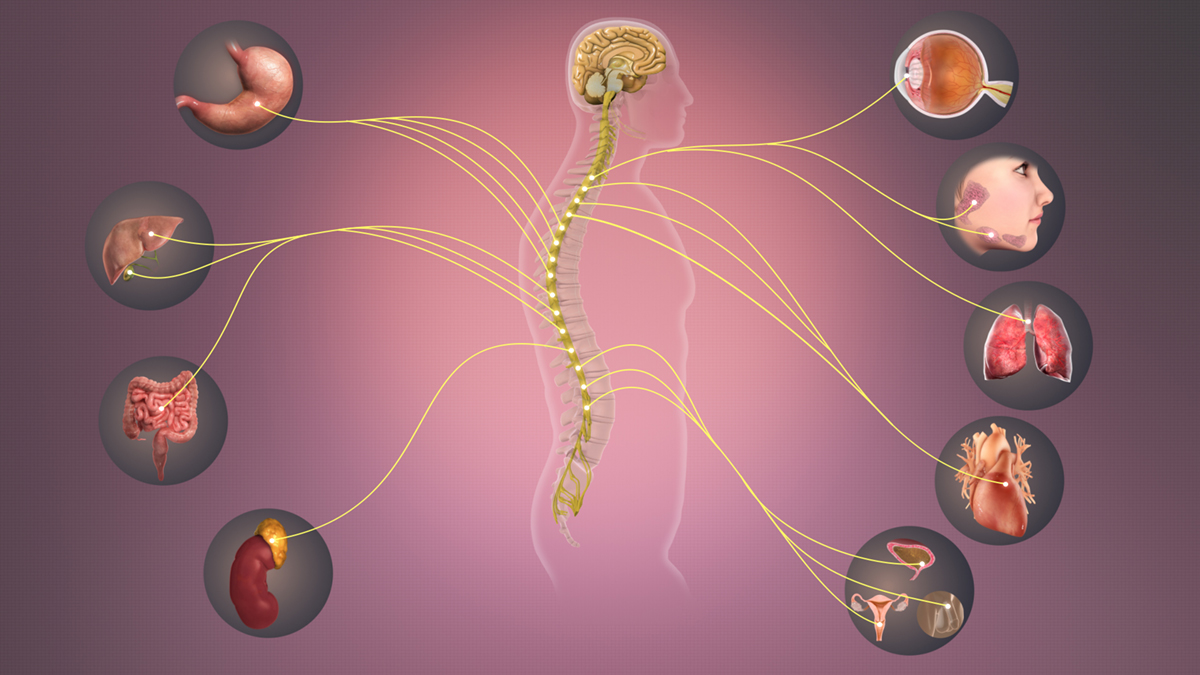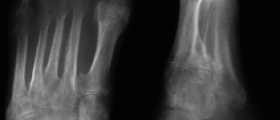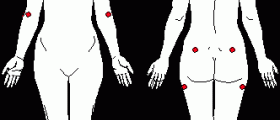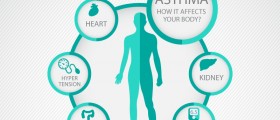About Autonomic Nervous System
Autonomic nervous system (ANS) includes sympathetic, parasympathetic and enteric nervous systems. Autonomic nervous system controls involuntary actions such as heart beating, blood pressure, body temperature, digestion, metabolism, rate of breathing and other functions. Autonomic nervous system stimulates body processes through the sympathetic nervous system or inhibits them through parasympathetic nervous system.
Functions of the sympathetic nervous system (SNS) include increasing the heart rate, narrowing of blood vessels and elevating blood pressure. Thereby, sympathetic nervous system has stimulating function in the body. On the other hand, parasympathetic nervous system (PNS) has a relaxing effect and is responsible for decreasing the heart rate, relaxing sphincter muscle, widening of blood vessels and increasing intestinal and gland activity. Enteric nervous system is in charge of the gastrointestinal system. The sympathetic nervous system is located to the sympathetic chain that is present on both sides of the spine and which connects to the skin, blood vessels and organs in the body. Disorders of the sympathetic nervous system can have serious complications.
Since autonomic nervous system consist of sympathetic and parasympathetic nervous system it has a vital role in stressful or emergency situations and in ordinary situations when it allows processes that are less important in stressful situation such as digestion.
Sympathetic Nervous System Functions
Whenever we are in emergency situation, the sympathetic nervous system starts to increase muscle tension, blood flow to the brain and heart rate. Also, it increases the heart force and widens the airways to provide more oxygen. Sympathetic nervous system additionally causes pupils to dilate, increased sweating, elevated blood pressure and reduced motility in the intestine.
Causes of Sympathetic Nervous System Disorders
Impaired or excessive functioning of the autonomic nervous system leads to disorder known as dysautonomia.
- In another large review of 841 hospitalized COVID-19 patients, dysautonomia was reported in 21 (2.5%) patients.
- Dysautonomia was considered mild in 15 of these patients, though further details are not described.
- A case of postural tachycardia syndrome (POTS) following COVID-19 infection, reported the development of autonomic symptomatology simultaneous with fever, cough, and shortness of breath in a 26-year-old female.
Symptoms of Sympathetic Nervous System Disorders
Disorders of sympathetic nervous system can cause problems with blood pressure such as hypertension, difficulty maintaining erection in men, heart diseases, urinary incontinence or urine retention, difficulty breathing and swallowing, headaches, loss of memory, tremors, loss of muscle strength and slurred speech.

















Your thoughts on this
Loading...